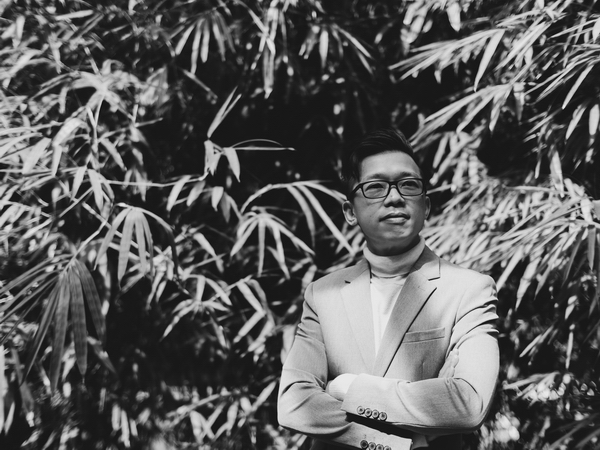Why Mindfulness is Difficult to Practice?
Why Mindfulness is Difficult to Practice? Many people find practising mindfulness difficult initially, myself included. Since we were young, schools, teachers, or parents (or significant others) taught us to plan for our goals, and if we don’t plan, we plan to fail. Eventually, we were being trained, programmed to take action, and take control of every outcome in our life. And if we do not take action, we will not be able to achieve anything in life and the ability to control the desired result/outcome in our life.
That causes our minds to constantly dwell on the future, always drifting with thoughts of it. And when we encounter an undesired outcome, it will trigger a thought-created (ego-identity) which leads to a failure-identity of ourselves. That will cause us to keep dwelling on our past mistakes, eventually making our thoughts trapped in these loops of past mistakes. Eventually, that creates a self-limiting belief.
It is difficult to practise mindfulness because it is not our habit to be inaction. And we are also not trained to be aware of our thoughts in a mindful way.
Mindfulness is not about pushing thoughts away or pulling arising thoughts towards us. It is about being present in the moment. It is about being aware of our thoughts arising and being equilibrant.
At first, I thought to myself, how can I accomplish anything without thinking or taking action and controlling the outcome I wanted?
Firstly, as there are always causes and conditions in life, we are unable to control them. Learn to “let go” and accept the “what is” and stay peaceful with yourself. There are many ancient eastern philosophers who adopted inaction as a way of being in action. One of the most important concepts by Lao Tzu is Wu Wei, in his Tao Te Ching. Wu Wei is translated in direct translation as “non-doing” or “non-action.” Or the meaning of “Action of non-action.” It is about “going with the flow” that is characterised by great ease and awareness, in which without even trying we are able to respond perfectly to whatever situations arise. It is similar to mindfulness of non-attachment to the idea of an individual ego-identity.
In Sun Tzu’s The Art of War, there is a famous quote that says, “Subjugating the enemy’s army without fighting is the true pinnacle of excellence.”
Secondly, practise mindfulness and meditation and you will be aware of your thoughts that arise. And by being aware of your arising thoughts, you will have the opportunity to observe your thoughts rather than attach to them. You will be aware of that space between you and your thoughts when you do not cling or start to analyse them, and only observe your thoughts while being in the present moment. That will help to break the loop-thinking process of the future and the past.
Meditation is one of the ways to know the arising and fading of thoughts and helps us to use our mind to see and not just to think.
Would you like to practise mindfulness now?






I was very pleased to find this great site. I need to to thank you for ones time for this fantastic read!! I definitely loved every bit of it and i also have you book-marked to look at new stuff on your website.